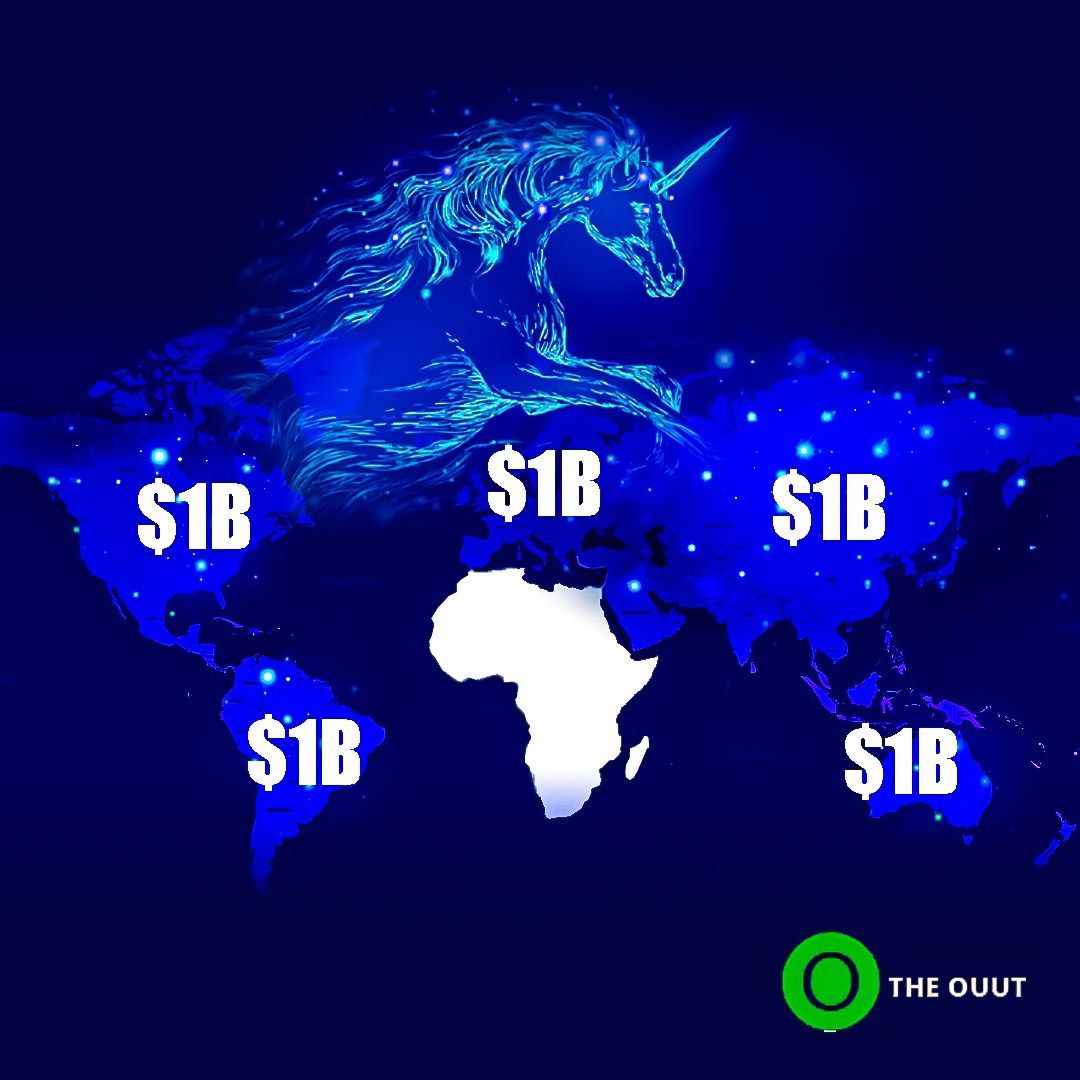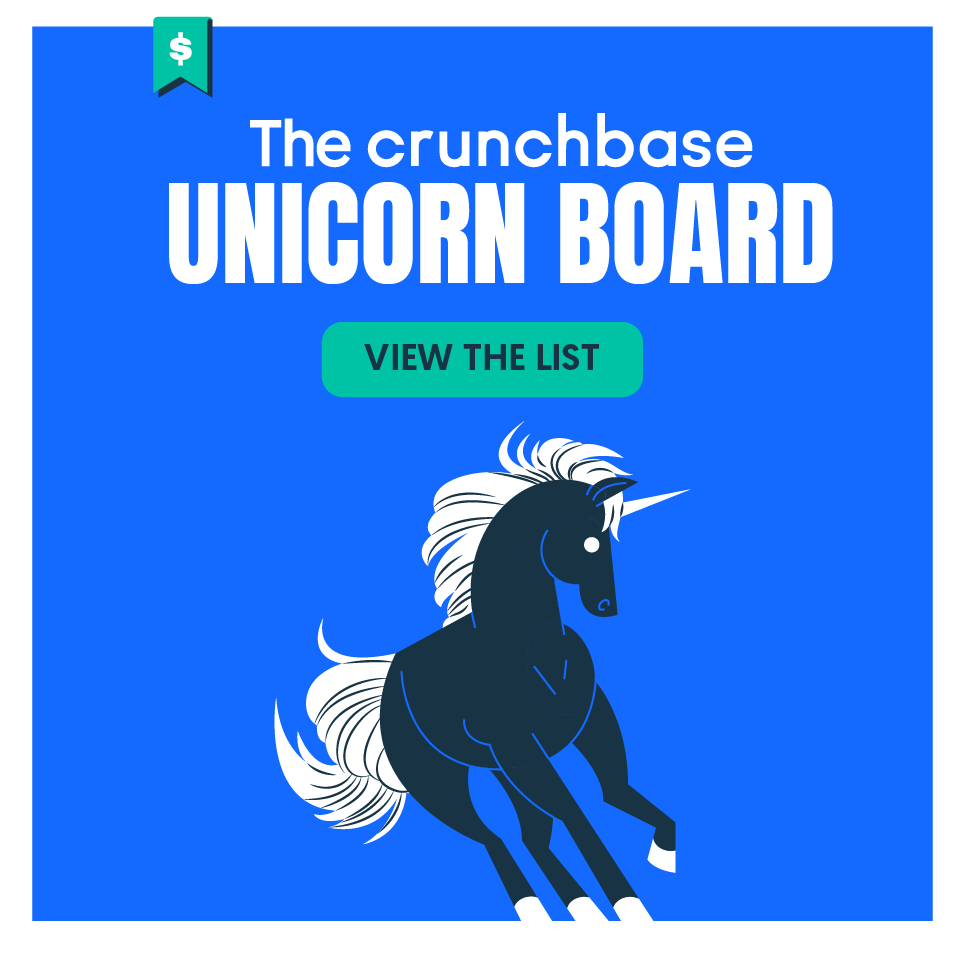There Were 32 New Global Unicorns Last Month. None was from Africa

Africa didn’t have a single unicorn roughly six years ago, but today the region is home to about eight startups worth over $1 billion. This results in a noticeable improvement while also portending room improvement compared to other heavyweights.
African startups have joined the rest of the world, demonstrating that they are here to stay by growing over time, improving their performances, and even attaining a billion-dollar value. However, the US and China still top the list, accounting for 51% and 17%, respectively.
A new report by CBInsight shows that the total number of startups globally reached 1 000 as of the 2nd of February 2022. In addition, reports have shown that the total number of the world’s startup unicorns jumped from 563 in 2020 to 957 in 2021, improving to reach 1,000 in early 2022. There were 43 unicorns across the globe in the first 33 days of 2022.
Investors still seem to gamble on the continent’s growing startup scene when investing. However, with over 2000 start-ups splayed across the continent, as indicated by the Skopai platform, the start-up scene is quickly rising. Nigeria, Kenya, South Africa, and Egypt have the most developed start-up ecosystems.
As an investor, a new opportunity or market is one to keep an eye on. The Africa start-up ecosystem is one for the books. Has this been the case?
Unicorn Wahala
Wahala: An African word commonly used in Nigeria to express a state of worry, distress, problem, or trouble. It is also called pidgin English.
Fresh billion-dollar valued startups are still emerging on The Crunchbase Unicorn Board. This is despite continued worries about excessively valued private companies and a stagnant public market for new launches. On June, 32 new companies joined the board, or around three every two business days.

Analysts expect to see Africa’s tech sector expand in depth and breadth in 2022. But the depth expansion might be a source of concern. The number of startups expected to close pretty large rounds in 2021 illustrates the steady leveling up of tech sectors.
Africa had a record-breaking funding year in 2021, thanks to 13 startups raising more than $100 million. Unfortunately, it’s Q2 of 2022, and half of this is yet to be replicated. Let’s hope for a change.
The batch of 32 unicorn startups collectively raised $4.5 billion last month. London-based payments company SumUp leads the pack with the most significant funding raised, $623 million, and the highest valuation, $8.5 billion. Across these companies, Y Combinator has the highest count with four portfolio companies, all via its accelerator program at seed-stage fundings.
Africa startups have the problematic but desired objective of reaching a $1 billion valuation. Access to funding and more profound innovation to explore the continent’s broad markets and distinctive positioning is vital for increasing valuation and scaling operations.
If the demand for tech companies reflects the number of firms that reach the $1bn valuation mark, then Africans should be concerned with the low unicorn status attainment in 2022.
What do you think is responsible for this? Tell us in the comment section.
